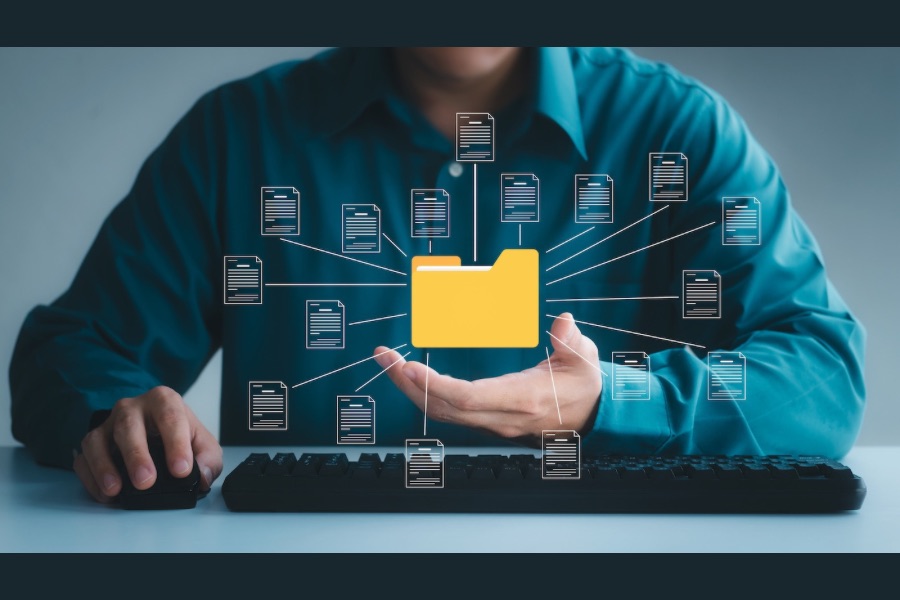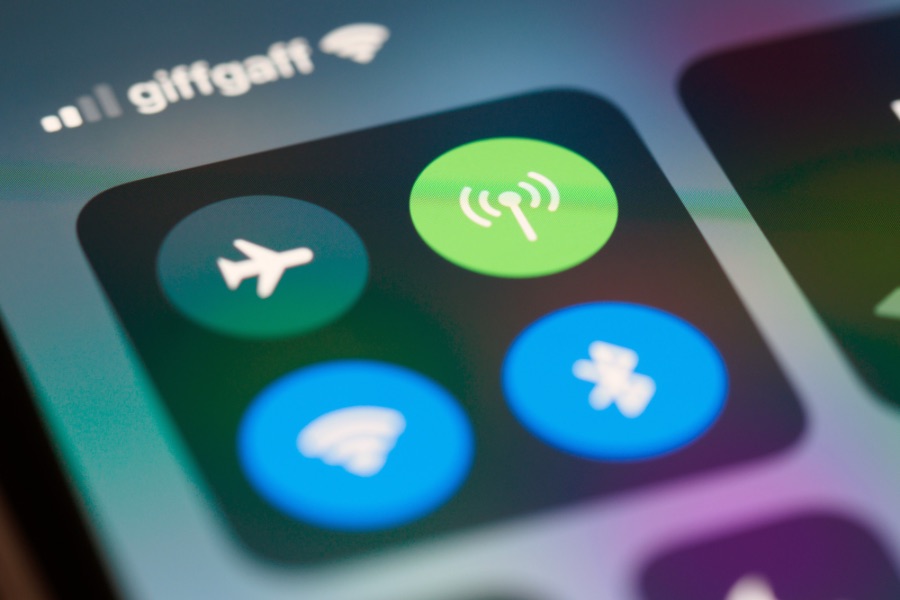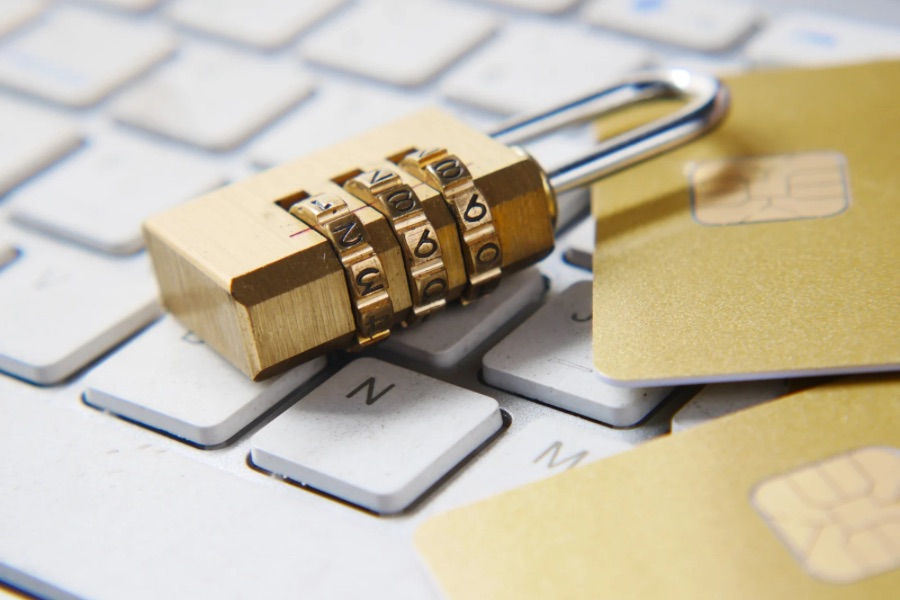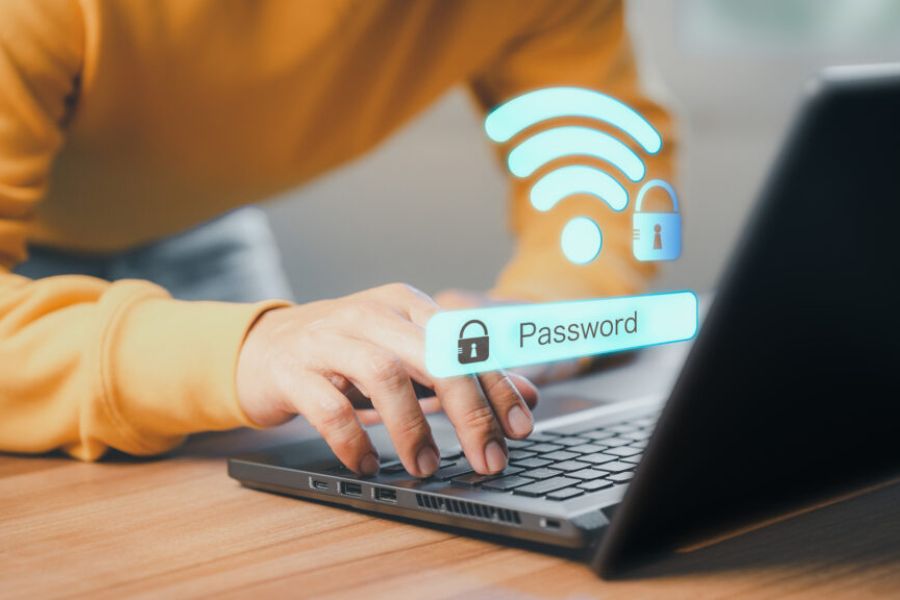The Cybersecurity Survival Guide: Think Like a Camper, Guard Like a Dog
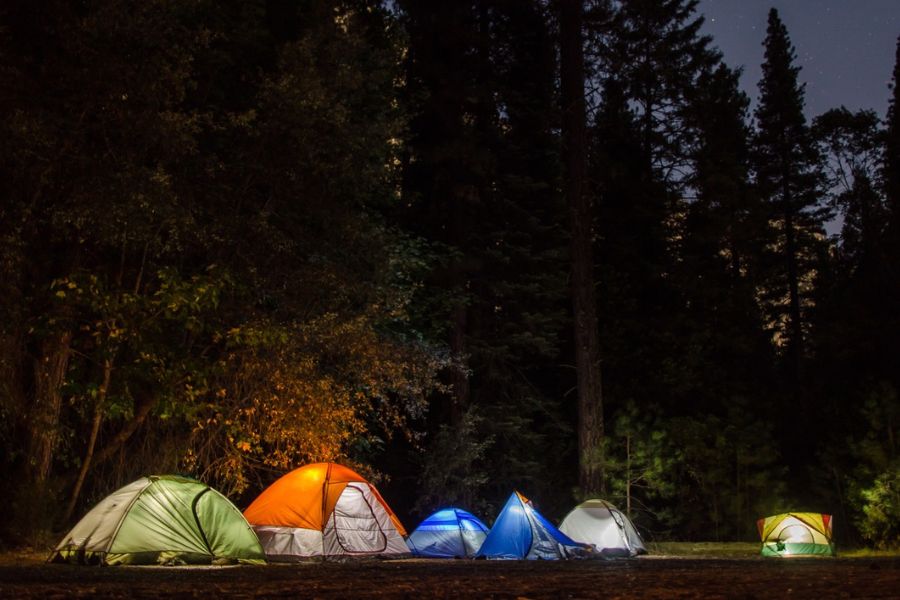
Table of Contents
If you’re not a full-time security analyst, it can start to sound like another language.But what if there were a simpler way to think about it?What if staying safe online was more like going camping… and less like decoding tech manuals?
Why Metaphors Matter in Cybersecurity
Evgeniy Kharam, a cybersecurity architect and speaker, believes we need to stop overcomplicating things.
He’s famous for breaking down complex security topics with metaphors — like tents, dogs, and campgrounds.
And it works. Because metaphors connect ideas to real life.
They help people remember. They make security feel less abstract, more human.
🛶 Step 1: Think Like a Camper
When you go camping, you don’t just walk into the woods empty-handed.
You prepare. You pack. You check the weather. You learn the rules of the land.
That’s exactly what cyber hygiene is — basic preparation.
What Campers Do:
- 🔹 Set up their tent in a safe place
- 🔹 Keep food locked away from bears
- 🔹 Carry a flashlight, map, and first aid kit
- 🔹 Know how to spot danger before it arrives
What Cyber Campers Should Do:
- ✅ Use strong, unique passwords for each login
- ✅ Back up your data to a secure location
- ✅ Keep software up to date (your digital first aid!)
- ✅ Be aware of phishing emails or fake links (don’t feed the bears)
Campers respect their environment.
Cyber campers respect the online world — and protect themselves before something goes wrong.
🐕 Step 2: Guard Like a Dog
Now think about dogs.
They’re alert. Loyal. Aware of what’s normal — and what’s not.
They react fast when something feels off. And they’re great at protecting what matters.
In cybersecurity, we all need to “guard like a dog.”
That means knowing your environment, monitoring it, and being ready to respond.
Traits of a Good Cyber-Guard:
- 👂 Stays alert to changes (new device logins, login attempts)
- 🐾 Doesn’t ignore unusual behavior (suspicious email attachments, sudden software installs)
- 🐕 Trusts instincts — if something feels off, it probably is
- 📣 Knows when to bark — reports issues, tells a teammate, doesn’t stay silent
Your company doesn’t need more firewalls.
It needs more people who act like dogs — smart, alert, and ready.
🏕️ Bonus Tip: Campfire Culture = Security Culture
At a campfire, people gather. They talk. They share stories. They pass along safety tips.
That’s exactly what security awareness training should be — ongoing, shared, and human.
If security only lives in policies or tech tools, it dies in the wild.
But if it lives in conversations, stories, and instincts?
Then it becomes part of your culture.
🔍 Real-Life Application: How Metaphors Help Teams
The dog doesn’t know every possible attacker. But it knows what’s normal.
The moment something seems off — a stranger, a broken window, a weird sound — it reacts.
This simple metaphor helped a group of non-technical employees finally understand:
“You don’t need to know every cyber threat.
You just need to know what your ‘normal’ looks like, and speak up when it changes.”
That’s the power of storytelling in cybersecurity.
It turns confusion into clarity. Silence into action.
🛠️ Tools & Habits Every Camper-Guard Needs
- 🔐 Password manager (pack your gear safely)
- 🧠 2FA (your lock on the tent flap)
- 🧯 Incident response plan (your digital fire extinguisher)
- 🌐 VPN (keeps your campsite hidden from trackers)
- 📚 Security awareness training (survival skills 101)
- 📊 Threat monitoring tools (watchdog on duty)
👣 Final Thoughts
You don’t need to be a cybersecurity expert to stay safe online.
You just need to think like a camper — plan ahead, stay aware — and guard like a dog — protect your territory, speak up when something feels off.
When we simplify, we empower.
When we use metaphors, we help people feel capable.
Because at the end of the day, cybersecurity isn’t just about data and tools.
It’s about people. Behavior. Awareness.
So pack smart. Stay alert. And bring your (digital) dog to work.











